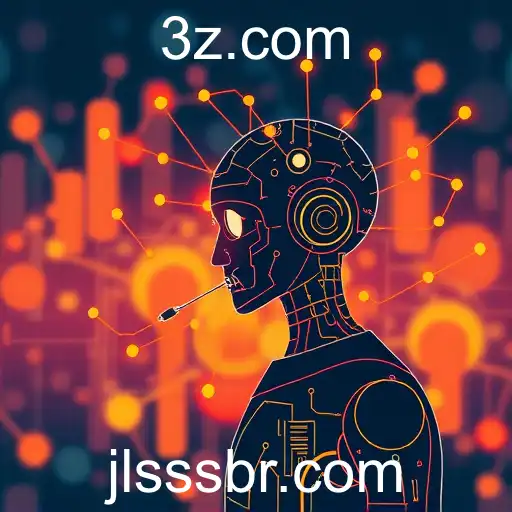
Explore the transformative role of artificial intelligence in the landscape of education, highlighting technological advancements, challenges, and future possibilities.
The integration of artificial intelligence (AI) in education is reshaping the traditional learning environment, creating a hybrid model that amalgamates human instruction with advanced technology. As digitalization continues to pervade various aspects of life, the educational sector is experiencing profound changes driven by AI. These advancements promise to make education more accessible and personalized while posing challenges regarding data privacy and educational equity.
In recent years, AI tools such as adaptive learning platforms have allowed educators to tailor educational content according to the individual needs and learning pace of students. This has been particularly beneficial in identifying and addressing learning gaps, thereby enhancing student engagement and outcomes. Moreover, AI-driven analytics can provide educators with invaluable insights into student performance, enabling data-informed decision-making and curriculum adjustments.
However, the increasing reliance on AI in education raises several ethical and practical concerns. Data privacy is foremost among these, as educational institutions collect vast amounts of student data to fuel AI algorithms. Ensuring the security and privacy of this data is crucial to maintaining trust in digital learning platforms. Furthermore, the cost of implementing AI technologies could widen the gap between well-funded schools and those in underprivileged areas, potentially exacerbating educational inequities.
Despite these challenges, the potential benefits of AI in education are significant. Automated administrative tasks could free up time for educators to focus more on teaching rather than bureaucratic activities. Additionally, AI could facilitate lifelong learning by offering adults the opportunity to acquire new skills and knowledge remotely, accommodating their professional and personal commitments.
As we look to the future, the collaboration between educational institutions and technology developers is key. Policymakers must also play an active role in framing regulations that ensure equitable access and the ethical use of AI in education. With thoughtful implementation and oversight, AI has the potential to revolutionize education, fostering a more inclusive and innovative learning environment.




